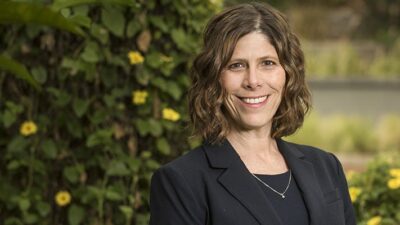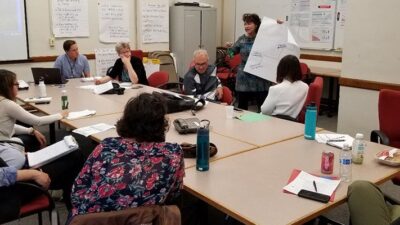-
- Our Approach
-
-
Our Approach
The California Health Care Foundation is an independent, nonprofit philanthropy that works to improve the health care system so that all Californians have the care they need.
-
-
-
- Topics
-
-
Topics
CHCF works on many different fronts to support California’s health care system. Explore resources, events, or networks related to each topic.
-
-
- Resources
-
-
Resources
CHCF publishes reports, articles, issue briefs, explainers, data snapshots, infographics, fact sheets, and other resources to help make meaningful change in California’s health care system.
-
-
-
- Networks
-
-
Networks
Connect with health care experts and leaders through our networks and events.
-
-
- For Grantees
-
-
For Grantees
CHCF funds projects that are aligned with its strategic goals and relevant to California health care as outlined in these goals.
-
-
- About Us
-
-
About Us
The California Health Care Foundation is an independent, nonprofit philanthropy that works to improve the health care system so that all Californians have the care they need.
-
-
- Email Sign Up
- Events















